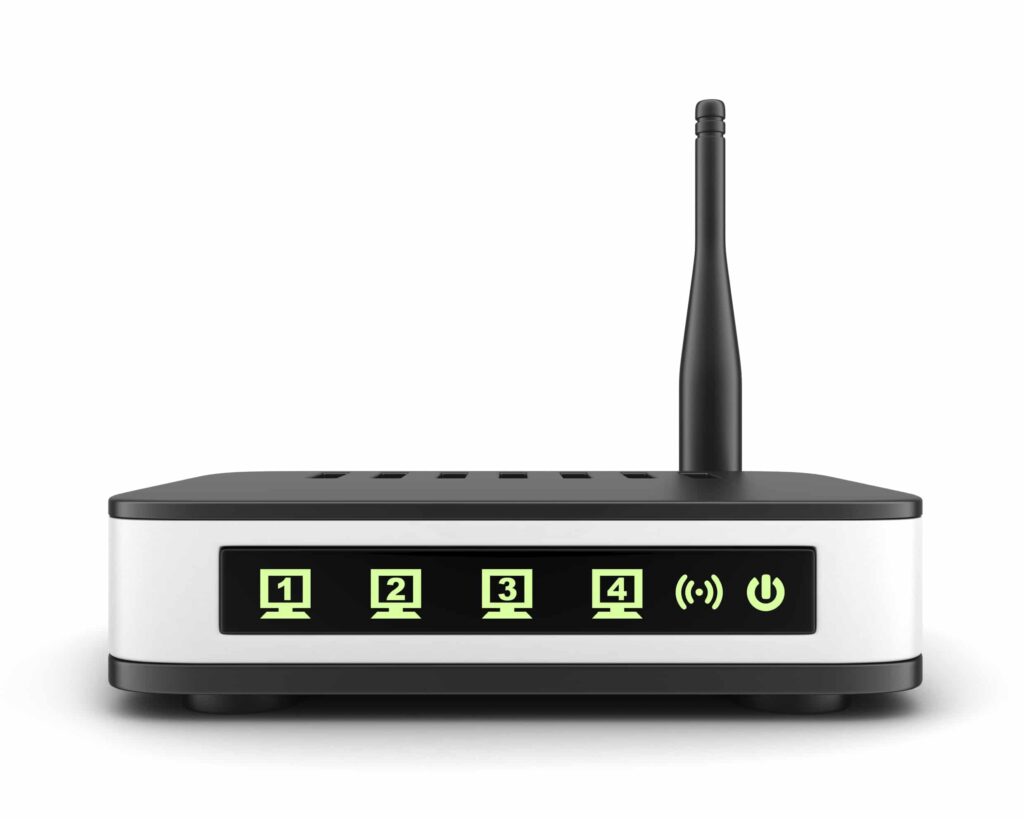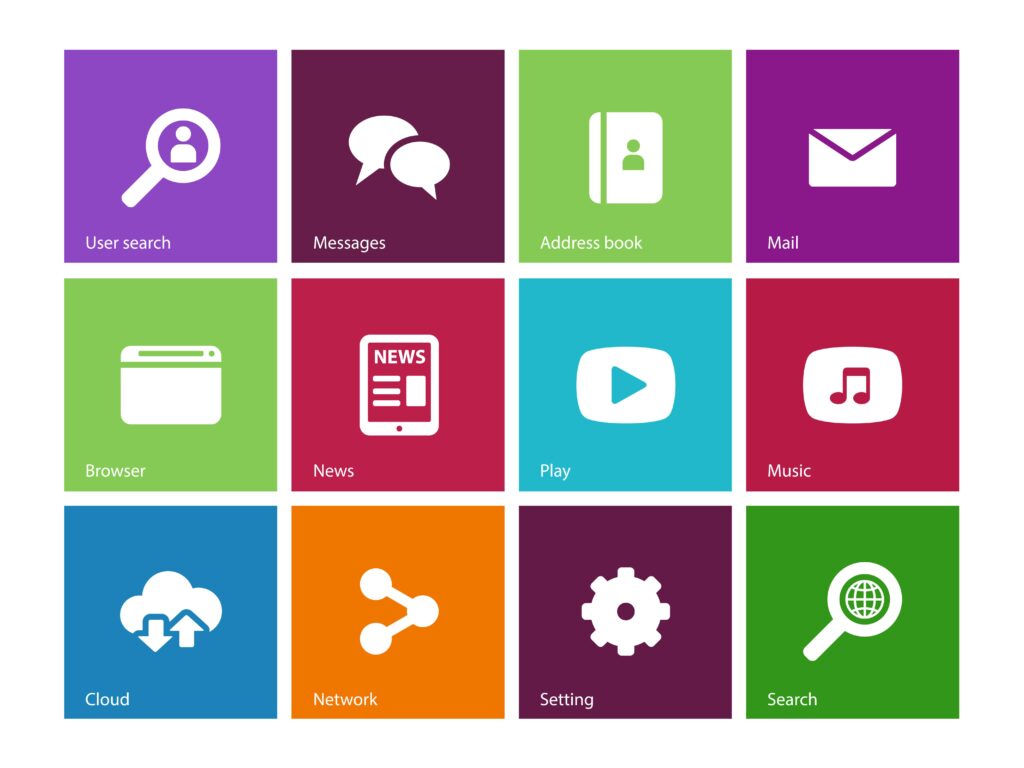How to create a safer password
A short password, or one using a name or a word in a dictionary, can be easily cracked by computers. And simply adding “@” for the letter “a” isn’t going to fool the bad guys. Here’s cryptographer and computer security expert Bruce Schneier’s advice on using and managing your passwords.
1. Use a “passphrase”: a sentence you can remember. Then replace each word of the phrase with its initial, a similar digit or symbol, or, at random, use a whole word.

For example:
MY DOG NATE WOOFS AND RUNS IN HIS SLEEP
m d N8 w @ r ! h s
The new password is mdN8w@r!hs. (Don’t use this one, though.)
2. That may still be tough to remember. If you need to, write a reminder and hide the paper somewhere safe. But write the phrase or a hint, not the password.
3. Generally, if you have a strong password, you don’t need to change it unless you suspect you’ve been hacked. But don’t use the same one for different services.
source: CNN
Match the words with the definitions.
1. initial | a) to break into someone else’s computer |
2. expert | b) first letter of a word |
3. to fool | c) something that reminds you of something |
4. to hack | d) to trick someone |
5. reminder | e) a specialist |
answers: 1-b 2-e 3-d 4-a 5-c
Vocabulary
to crack (a code) | megfejteni |
to fool | átverni |
cryptographer | titkosírás szakértő |
expert | szakértő |
sentence | mondat |
initial | kezdőbetű |
digit | számjegy |
at random – véletlenszerűen | véletlenszerűen |
tough | nehéz, kemény |
reminder | emlékeztető |
hint | utalás, célzás |
unless | hacsak nem |
to suspect | gyanakodni |
to hack | feltörni számítógépet |






